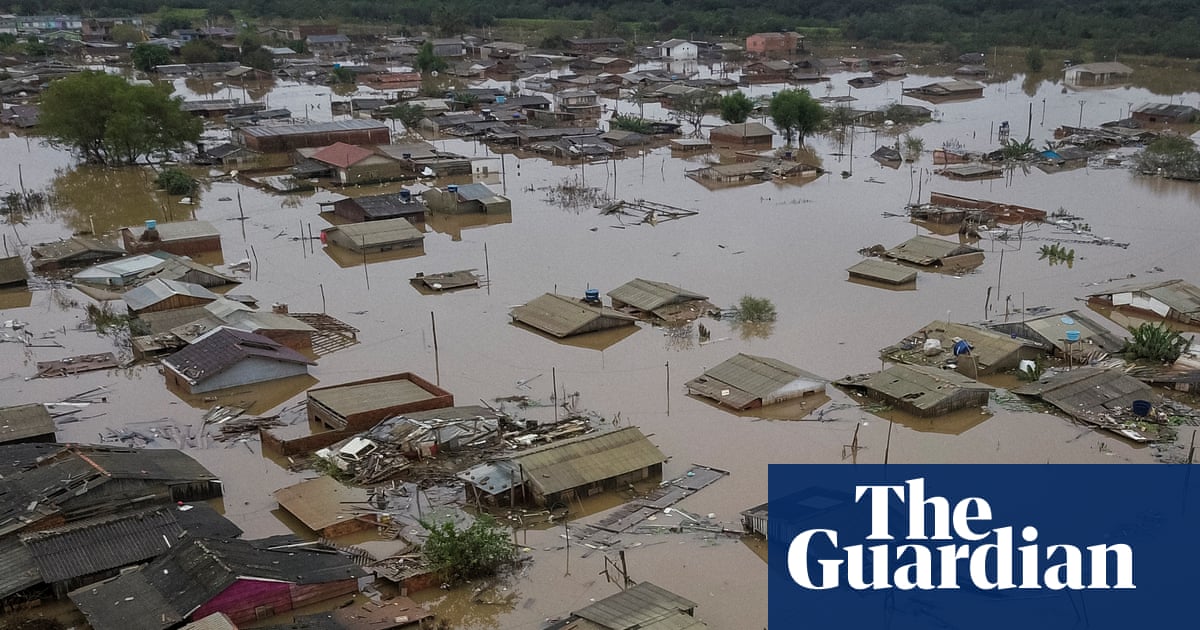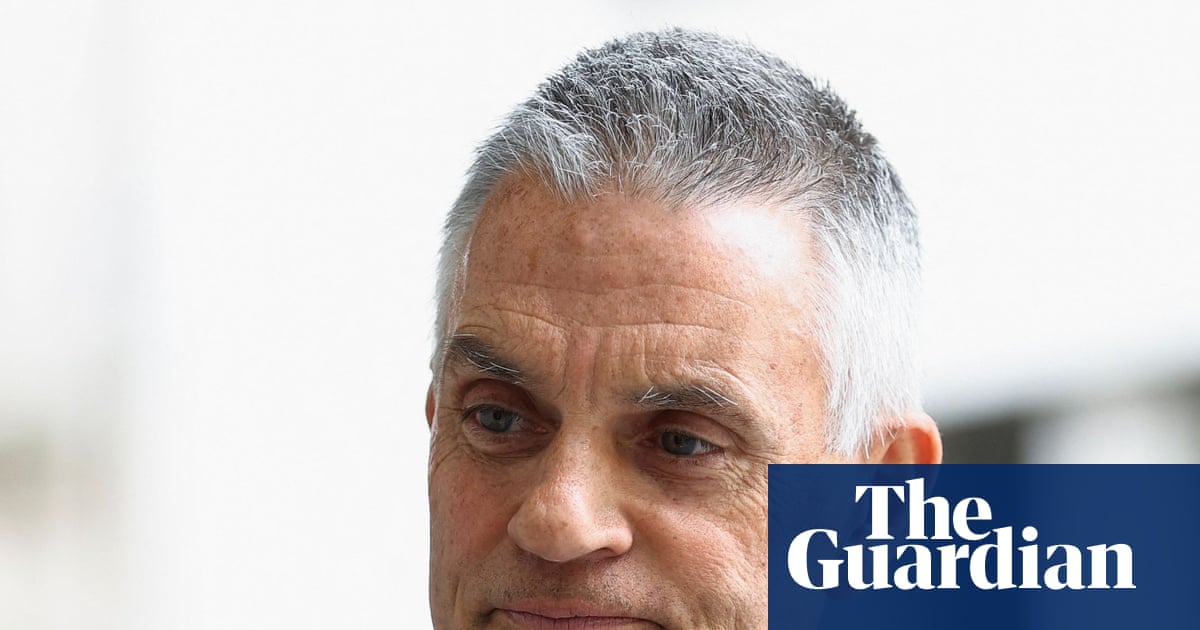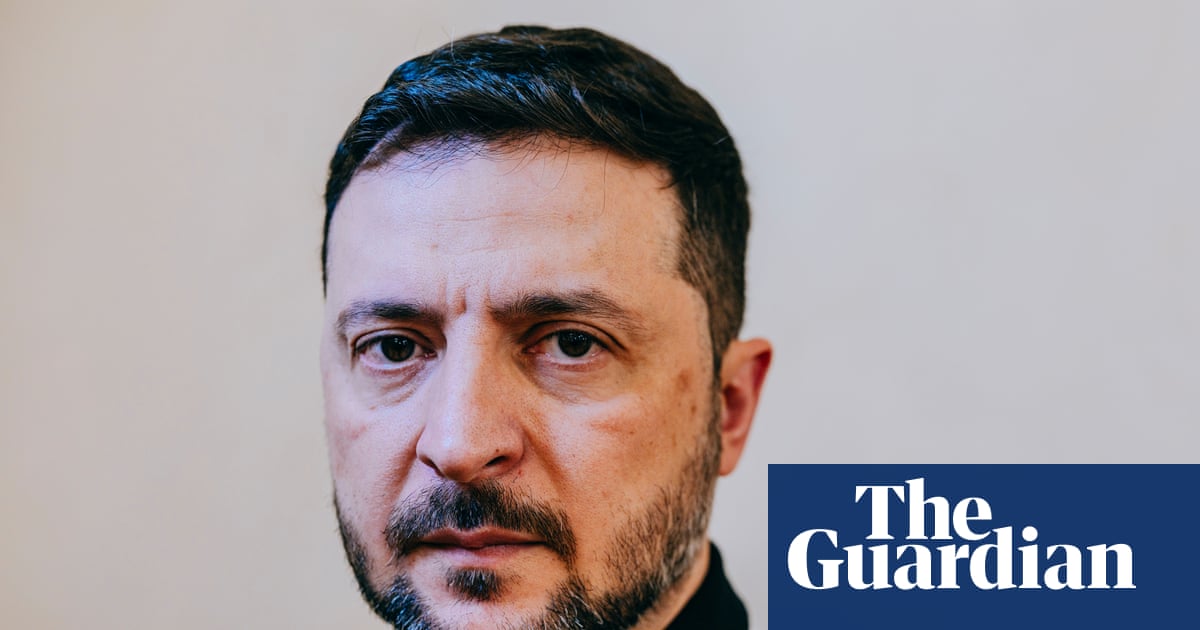As many as 96 people are now thought to have died in Argentina after being treated with medical-use fentanyl that was tainted with bacteria.
The official death toll stands at 87, and a judicial source has told the Buenos Aires Herald that nine further deaths are under investigation.
The alarm was first raised in May, when dozens of hospital patients suffered serious bacterial infections. Strains of the bacteria Klebsiella pneumoniae and Ralstonia pickettii – some of which were resistant to multiple antibiotics – were detected in the patients.
Investigators said the source was fentanyl, which it traced to the pharmaceutical company HLB Pharma and its laboratory, Laboratorio Ramallo.
Tests carried out by Argentina’s drug regulator, Anmat, confirmed bacterial contamination in the deceased and in ampoules from two fentanyl batches prepared by the company – one of which had been “widely circulated”, according to the federal judge Ernesto Kreplak, who is leading the investigation.
In an interview with La Nación, the owner of HLB Pharma, Ariel García Furfaro, denied that the deaths could be directly attributed to his product, said his company pulled it from the market itself, and claimed that if the ampoules were contaminated, someone had “planted” the contaminant.
The patients had been hospitalised for unrelated conditions and were given the drug for pain relief or anaesthetic, before becoming infected with the multidrug-resistant bacteria.
Authorities say the contamination may have affected more than 300,000 ampoules distributed across Buenos Aires province, Santa Fe, Córdoba, Formosa and Buenos Aires city; an estimated 45,000 had been administered before the remainder were withdrawn and seized.
“Argentina has never experienced such a serious case. It is unprecedented,” said Adriana Francese, lawyer for four of the victims’ families.
The human toll has been severe. “The fentanyl caused their death within days,” Alejandro Ayala, brother of Leonel, who died at 32, told AFP last week. The mother of 18-year-old Renato Nicolini, who was hospitalised following a car accident and later died from the fentanyl complications, told Efe: “He began to improve little by little, and on the third day, they discovered he had pneumonia. His fever couldn’t be controlled, and seven days later, he died.”
The ampoules from the affected batch have been recalled, and Kreplak has said: “Contaminated ampoules are not circulating today.” Yet the death toll continues to climb as investigators analyse more cases of patients who died in recent months after receiving the medication.
No charges have yet been filed, but the court has named 24 people involved in the manufacture and sale of the opioid as suspects. They have been banned from leaving the country and had their assets frozen. Francese said the investigation was looking at how the contaminated batches were manufactured and what quality controls were in place. “This is going to be very important to determine responsibility,” she said.
Fentanyl, a synthetic opioid approved for pain relief and anaesthetic, is between 50 and 100 times more powerful than morphine.

 2 months ago
43
2 months ago
43

















































